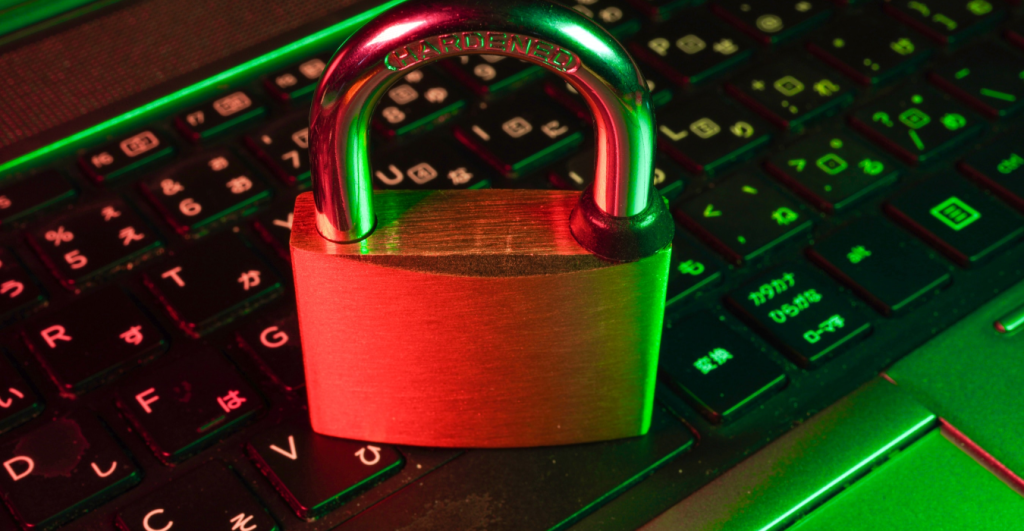Don’t Get Scammed: 5 Best Practices for Safe Online Payments

Online payments have become an integral part of our daily lives. From shopping for clothes to booking a vacation, we can do it all with just a few clicks.
However, with the convenience of online payments comes the risk of fraud and identity theft. In this blog post, we will be discussing the best practices for safe online payments.
We will cover topics such as choosing a secure payment method, protecting your personal information, and identifying and reporting fraud.
By following these guidelines, you can ensure that your online payments are safe and secure.
So, whether you’re a frequent online shopper or just make the occasional purchase, this post will provide you with valuable information to protect yourself while making online payments.
List of Best Ways to Protect your Personal Data Online
1. Use a Secure Payment Method
When making online payments, it’s important to use a secure payment method.
Look for a payment method that uses encryption to protect your personal information, such as credit or debit cards with the Visa or Mastercard SecureCode logo.
PayPal is also a secure option as it does not reveal your credit card or bank account information to merchants.
On Instance, your email is all you need to receive funds. No more complex wallet addresses. Withdraw to any local currency in the world. Spend your crypto asset with ease.
2. Use a Strong Password
Creating a strong password is essential for protecting your personal information when making online payments.
A strong password should be at least 8 characters long and include a mix of letters, numbers, and special characters.
Avoid using easily guessable information, such as your name or birthdate, in your password.
3. Keep Your Computer Secure
To protect your personal information when making online payments, it’s important to keep your computer secure.
This includes keeping your computer updated with the latest security patches, using anti-virus software, and avoiding clicking on suspicious links or downloading unknown files.
4. Be Careful of Public Wi-Fi
When making online payments, it’s important to be careful of public Wi-Fi.
Public Wi-Fi networks are not always secure, which means that your personal information could be compromised.
To protect yourself, avoid making online payments on public Wi-Fi and use a virtual private network (VPN) if you must use a public network.
5. Be Cautious of Phishing Scams
Phishing scams are a common way for cybercriminals to steal personal information.
To protect yourself, be cautious of emails or messages that ask for your personal information, such as your credit card number or login credentials.
Always verify the legitimacy of the request before providing any personal information.
Online payments have become increasingly popular in recent years, making it easier than ever to shop, pay bills, and transfer money.
However, with the convenience of online payments comes to the risk of personal information being compromised. To protect your personal information when making online payments, here are a few tips to keep in mind.
By following these tips, you can protect your personal information when making online payments.
Remember to always use a secure payment method, create a strong password, keep your computer secure, be careful of public Wi-Fi, and be cautious of phishing scams.
Summary
The internet has made it easy to conduct various transactions and payments but it is important to be aware of the risks that come with it.
By being cautious and keeping the above tips in mind, you can protect your personal information when making online payments and ensure that your transactions are safe and secure.

